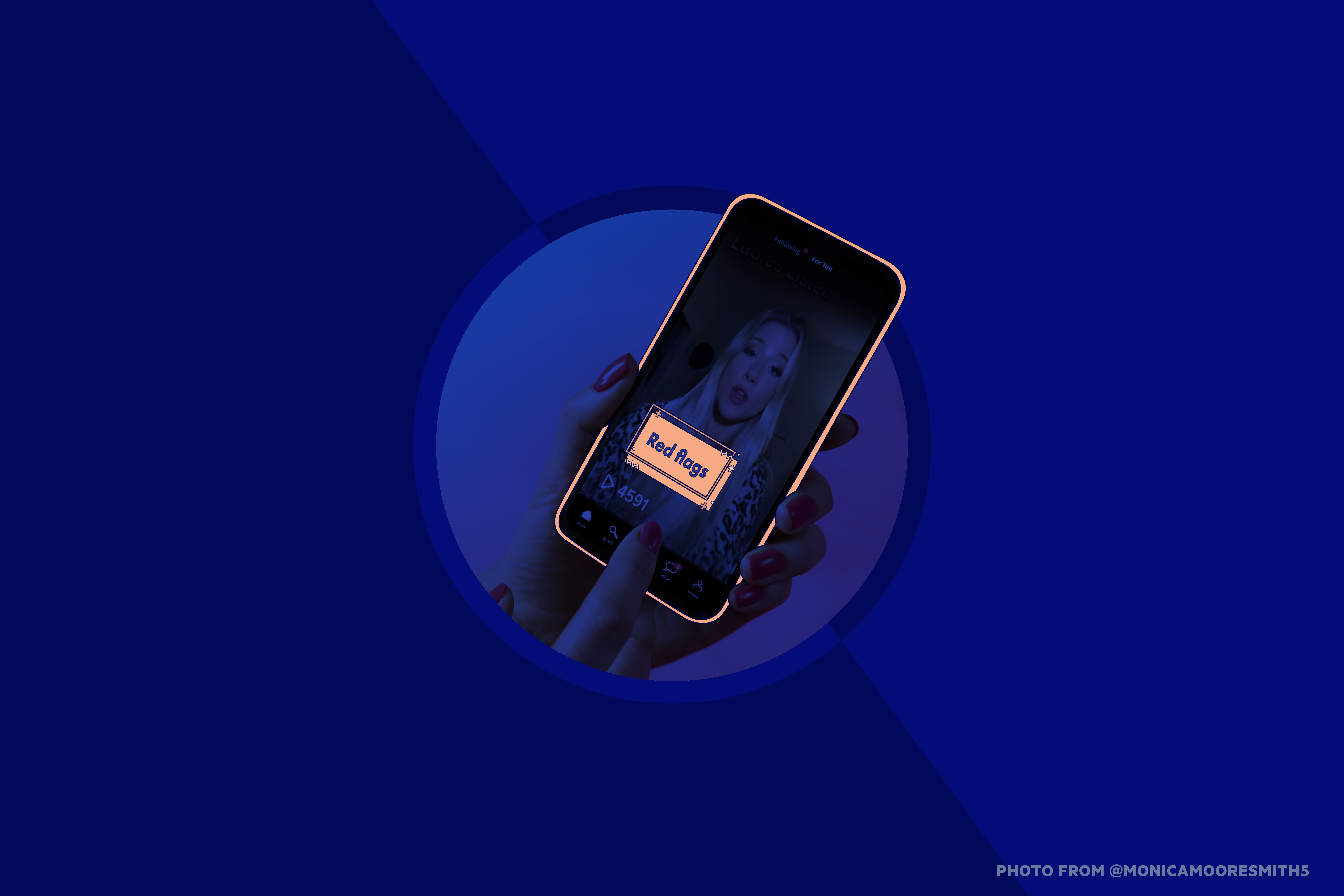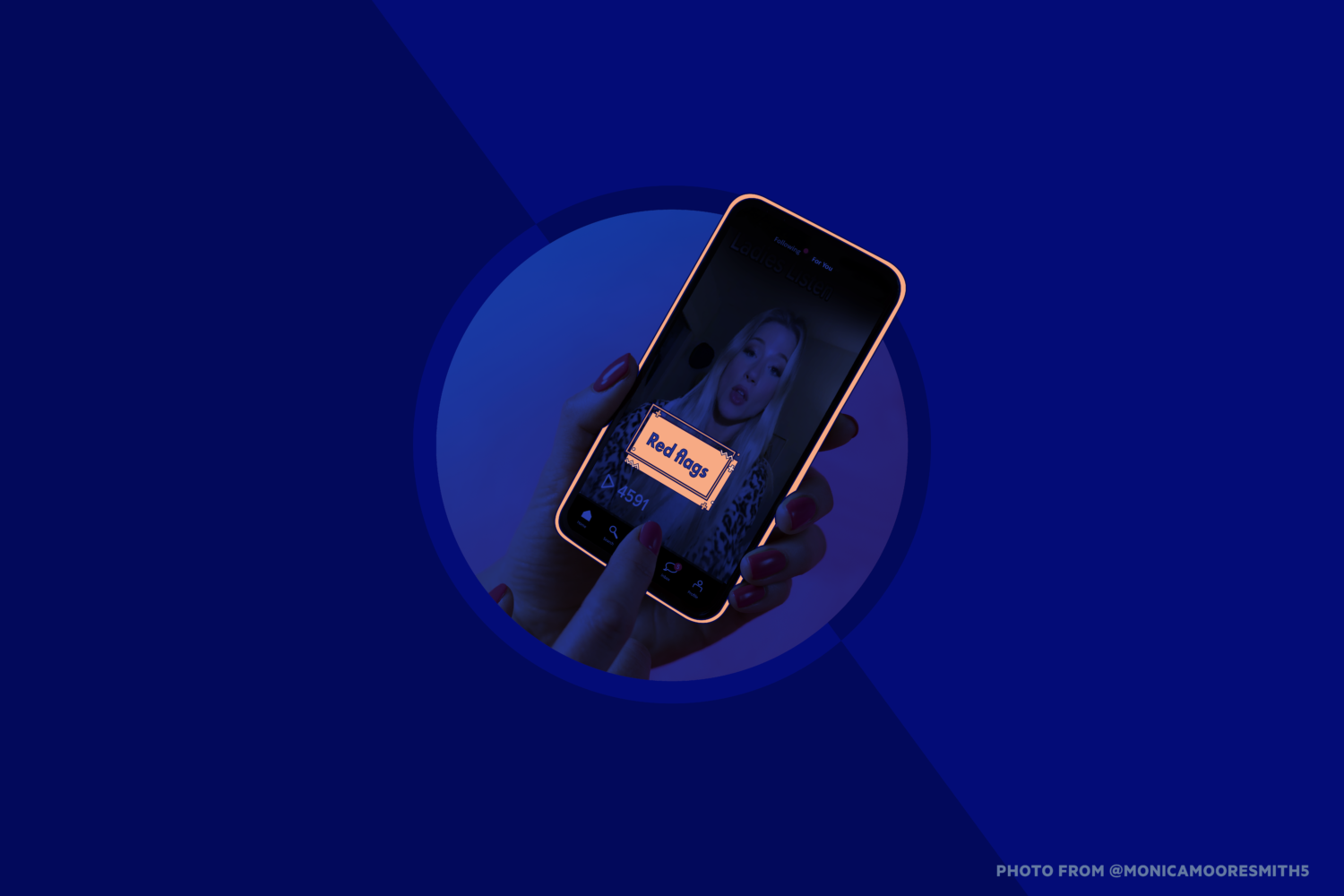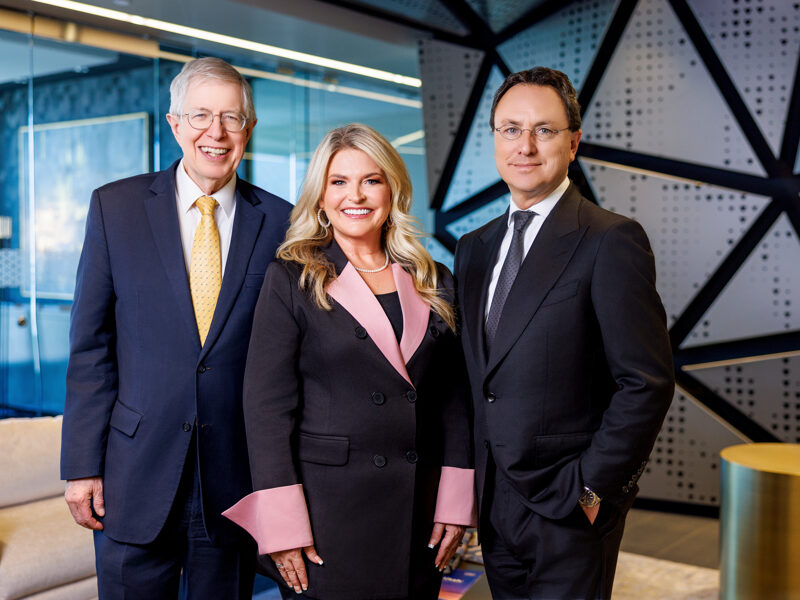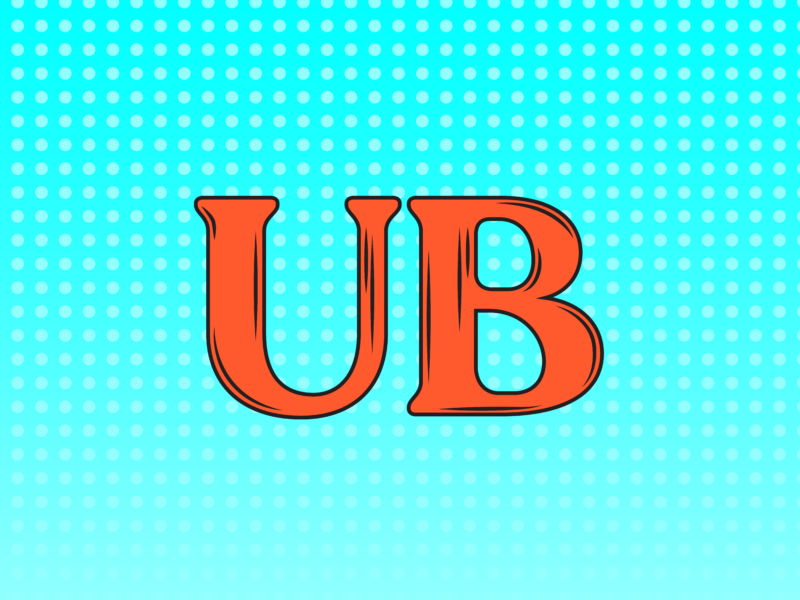
Monica Moore Smith wanted to be an actress. Instagram made her an icon

Today, Monica Moore Smith has nearly 86,000 followers on Instagram and double on TikTok. But just a few years ago, Smith was as anti-social media as you could get. “Nowadays people grow up wanting to be social media stars,” Smith says. “But when social media first became popular, I wasn’t even on it.”
Her parents didn’t let her make a MySpace account, and once Facebook started gaining traction her negative opinion of the platform had already calcified. “Social media was introduced to me as a place for sex trafficking and porn,” she says. “I’d constantly hear these stories—‘a child who wasn’t old enough to get a Facebook made an account anyway and ended up in the hands of a pedophile.’”
To Smith, there was no “good” part of the internet. “I didn’t see the utility,” she says. “You can either use it carefully and it’s neutral, or it’s a bad thing.”
Smith carried this impression into her adulthood—until a Vine star changed her mind. She had started acting professionally in high school after a casting director saw her perform in talent shows. After a few commercials and small movie parts, she landed a role in the remake of “Saturday’s Warrior,” a Utah cult classic.
“The lead had never acted in his life,” she says. “I’d worked in the industry for a while before I got that part, so initially, when I found out that someone on Vine was the lead… that really messed with my ‘stuck up artist’ mentality. I was shocked you could get a good role without my level of experience.”
That was back in 2015, before TikTokers had their own TV series and record deals. Still, Smith could see where it was trending. “I realized that if I was passionate about acting, social media was a must,” she says. “Then, but even more so now, if you don’t have a certain following, agencies won’t even look at your auditions.”
Still hesitant, Smith’s initial posting was very casual—she started on Instagram, where she says she mostly shared “positivity content and vague career aspirations, just kind of…talking.”
Her full 180 happened when people talked back. “When my followers started becoming my real-life friends, I knew I’d made a mistake stereotyping,” she says. “I’d been so judgmental, viewing social media as this big evil with everything in black and white, when there is really all of this nuance.”
She started earnestly building a following, getting “really into algorithms and research” and going “full nerd” on data science. Her Instagram and TikTok accounts were growing steadily, and with each acting role she saw new followers. Just as she was getting comfortable with her new viewpoint of the internet, Smith’s divorce became public.
“Initially, I was fine to stay quiet about my experience,” she says. “But my ex had a different idea.”
Smith says her ex-husband started DMing her followers, spreading gossip about their marriage. “At the time, my audience was mostly young Utah women,” she says. “My content was all a little whimsical, magical, hopeful, all about my life as a young woman in love. That made it even scarier, that he was messaging my audience of teenagers.”
That’s when her own messages started flooding with questions about her divorce. “I decided to just open up,” she says. “Like, all the way—I told the internet about my abusive relationship and how and why I got divorced.”
It wasn’t surface level, either. “Most survivors want to leave out the details,” she says. “But to identify an abusive relationship, I’ve learned that you need to know what to look for. That’s why I go into specifics. Abuse comes in many different forms, and we have to talk about the nuances.”
When she started talking about her abuse, her audience started changing. At first, she pushed back. “I didn’t like the idea of pivoting,” she says. “It was scary, since I had built an audience of people looking for a love story. But all of that just wasn’t applicable to me anymore.”
Now, Smith says she’s glad she opted for an adaptive audience. “Lots of people dropped off once my content changed,” she says. “But I found I had followers going through the same things, where their lives had been disrupted. There were even people who had unfollowed me earlier on that one, two years later found themselves in similar situations or accepting the reality of their situations.”
Every day, Smith gets an outpouring of love from the community she’s built. “People tell me I saved their life often,” she says. “Which is mind-blowing to me. They’ll come up to me in person and tell me ‘I was suicidal until I found your content’ and I’m just floored every time. It feels like there was a reason I went through the pain that I did. It makes me grateful that I didn’t shut up.
“I didn’t like the idea of pivoting. It was scary, since I had built an audience of people looking for a love story. But all of that just wasn’t applicable to me anymore.”
With all the positivity Smith’s vulnerability garnered, there’s been a nearly equally loud crowd of people who do wish she’d stop talking. “At least in the Utah scene, I was one of the first people who really just laid it all out there,” she says. “It ruffled a lot of feathers. Across the internet, but especially in Utah, things are very polarizing. If you aren’t in accordance with everything, exactly how your audience expects you to be, you’ll lose followers pretty quickly.”
Scroll through Smith’s posts, and you’re likely to see hateful comments. She says she gets threats in her DMs often, too. “It’s mostly married, older men,” she says. “The negative reactions seem to be sparked by recognition: they realize they’re treating their partners in the abusive ways I’m describing on my accounts. They’re scared their wives might find my content and decide to leave them.”
That’s happened before, Smith says. A few times. “It’s unfortunate to me that instead of changing their behavior, people would rather try and shut me down,” she says.
Obviously, these attempts haven’t worked. Smith’s profiles have only continued to grow—something she says happened because she started envisioning her ideal follower. “What would they look like?” she says. “What’s their schedule? What are their needs, emotions? What in their life could you improve?”
She started talking directly to that kind of person, and they flocked to her. “Sponsorships flooded in,” she says. “And I started to get recognized in public not for my movies or ads, but for, like, Instagram stories.”
But as she started to earn money, she had to think about the longevity of her “brand”—and if it was a moral thing to even have one at all.
“It’s something I’ve gone back and forth with,” she says. “It can feel like I’m limited to only talking about like, books on abuse, movies and podcasts on abuse. That’s a limited field to be looking for sponsorships in, and it’s even harder to find positive spaces.”
But Smith found her happy medium by keeping it real— her social media profiles are now focused on her daily life, and she says it keeps her content balanced. “I’ve tried to implement the healing process post-abuse into my day-to-day,” she says. “A huge part of my platform is still about the abuse and general advice on recognizing and leaving abusive situations, but it’s also just lifestyle. I talk about things I love and things I’m doing, and my history with domestic violence is threaded in all of that.”
She says approaching her platforms from this angle does more good for her audiences. “I’m a person who went through this and who’s still trying to help others through it,” she explains, “but I’m also moving on from it, I’m healing, and I think showing what your life can look like post-abuse, how you can be happy and safe and living the life you want, that’s just as important as a purely educational account.”
Now she approaches brand deals in the same way: with her personality first. “No product is ever just a product,” she says. “If you watch a butter commercial, in no way is it about butter—it ends up about being a good mother or something. I’m taking that same approach: when I talk about protein powders, it’s not about protein, it’s about me building strength, about feeling empowered.”
For a while, social media was her biggest source of income. But, as she got more comfortable financially, she dove back into the reason she got online: acting. “If I took some time away from acting, I could make a lot more from social media,” Moore says. “I do less frequent sponsorships now because timewise, acting is what I want to be my job.”
Making social media second priority in her life was about more than her career, though. “It’s genuinely hard mental health-wise to have social media be your main thing—especially if it’s your only thing,” she says. “If a post doesn’t do as well as you hoped, it’s not just your income that’s nosediving, but your sense of self-worth.”
Reflecting on her social media career so far, her biggest advice to new creators? Diversify. “Analytics can become your entire life and that’s just not safe,” she says. “I’m lucky to be able to do social media and have career interests elsewhere that play off of each other.” ![]()





